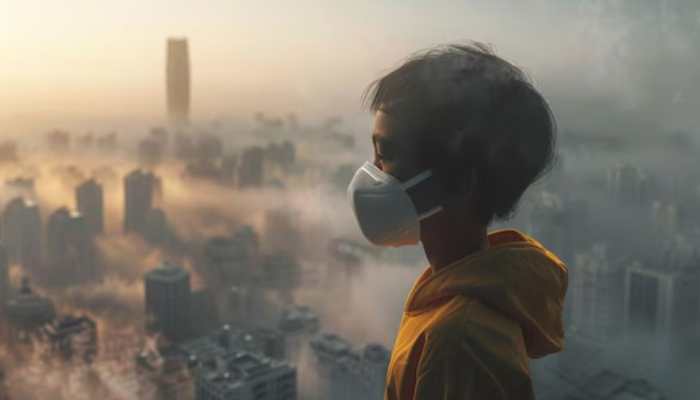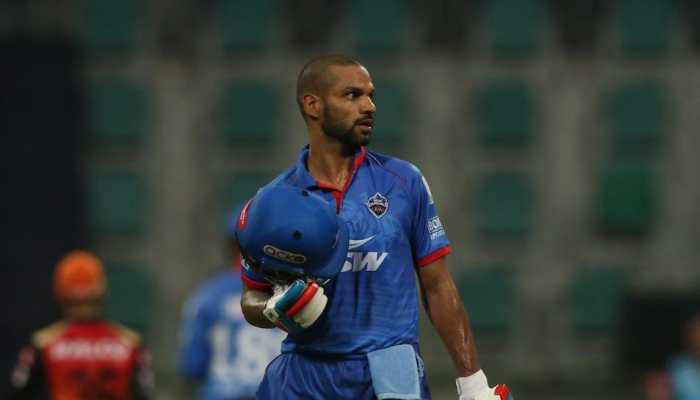Supreme Court to pronounce order on liquor outlets along highways today
The Supreme Court had ordered a ban on all liquor shops along the national as well as the state highways across the country.
Trending Photos
) Representational image
Representational image New Delhi: The Supreme Court will on Friday pronounce its order on a batch of petitions - both by some states and private parties - seeking modification of its order banning liquor vendors along national and state highways.
On Thursday, a bench of Chief Justice Jagdish Singh Khehar, Justice DY Chandrachud and Justice L Nageswara Rao reserved its order.
The bench yesterday said that in the "interest of the public health" the liquor shops were ordered to be removed to a distance of 500 meters from either side of the highways.
The bench added that asking the state government to shift the liquor shops was not impinging on the excise policy of different states as it was only a matter of distance of the outlets from the highways.
Even the excise policy says that liquor shops can be located only at a certain distance from the highways, it said.
The bench told the senior lawyers appearing for some states: "Those states which were seriously affected by the order, they should have come here."
"We have not tested the excise policy. You have no freedom to drink and drive on the national highway," said Justice Chandrachud, who authored the December 15 judgment.
As Attorney General Mukul Rohatgi named some small towns saying that the restriction of 500 meters would cross them and contended that because of the ban "the budget of every state has gone for a six", the bench said: "You are not telling us which town will go."
He further said, "Some exception can be granted to the states to relax the condition, especially as far as the state highways are concerned, by reducing the limit say to 100 metres."
To this, the bench asked the attorney general to address it on the issue if he thinks the verdict is not justified as the parties have done nothing since December 15, 2016.
"You cannot come at the last moment and say that relax the conditions. Where were you after December 15," it said.
The court said this as Rohatgi and several other senior lawyers including KK Venugopal, CA Sundaram, Kapil Sibal, Rajeev Dhavan, Raju Ramachandran and others told the court that its December 15 ban was hurting the state exchequer and the order was unconstitutional.
"It is unconstitutional. In one stroke all the excise laws within the country were whipped out," Dhavan told the bench and asked on what basis the court had given the order.
Urging the court to have a relook at its order banning liquor outlets on the highways, Venugopal said the percentage of accidents due to drunk driving was the lowest.
He said that while drunk driving was being hammered, nothing was being done to deal with accidents on account of speeding or overloading of trucks.
Giving a suggestion, Venugopal said that those liquor shops which are outside the 100 meter from the edges of the highways but within 500 meters should be allowed to continue.
However, a lawyer opposing the relaxation of 500 ban order referred to several advisories issued by the Centre since 2004 asking for curbs on the liquor shops along the highway.
He said it took 13 years for the ban to come and pointed out that India had the highest rate of accidents of drunk driving.
Besides some liquor vendors' associations, states like Kerala, Punjab, and Telangana had approached the apex court seeking modification of the judgement.
The apex court had ordered a ban on all liquor shops along the national as well as the state highways across the country and had made it clear that licences of existing shops will not be renewed after March 31 next year.
The verdict had come on a PIL alleging that nearly 1.42 lakh people died per year in road mishaps and that the drunken driving is a major contributor.
It had also directed that all signages indicating the presence of liquor vends will be prohibited along national and state highways.
(With Agency inputs)
Stay informed on all the latest news, real-time breaking news updates, and follow all the important headlines in india news and world News on Zee News.
Live Tv







)
)
)
)
)
)
)
)
)
)
